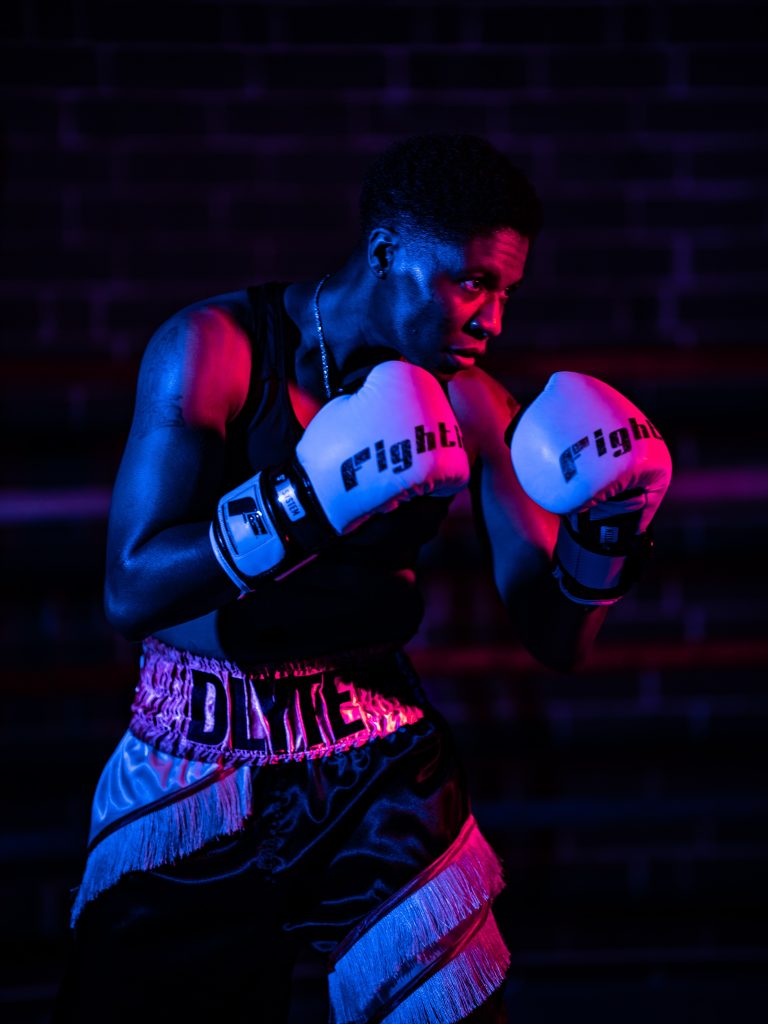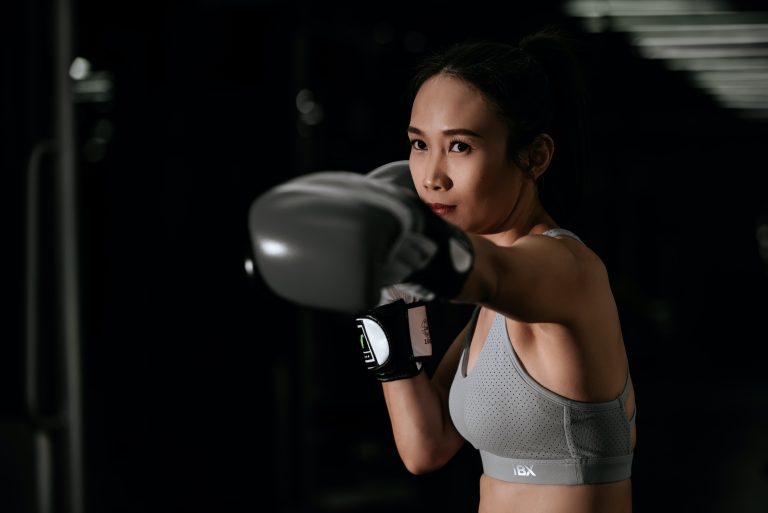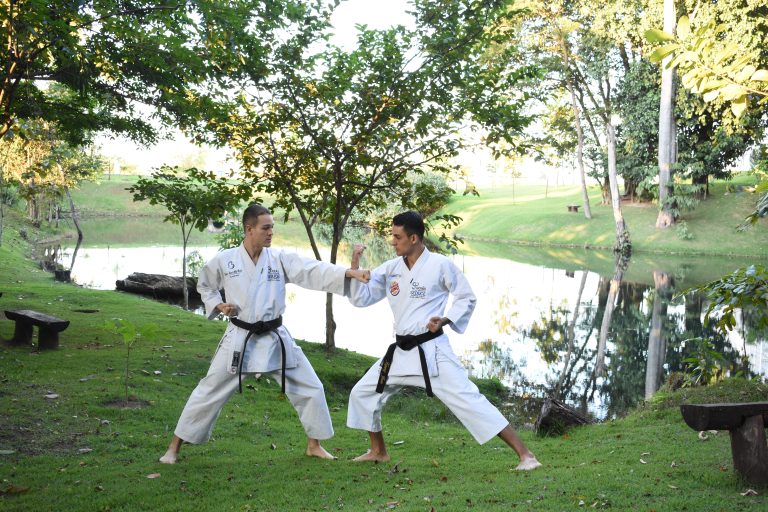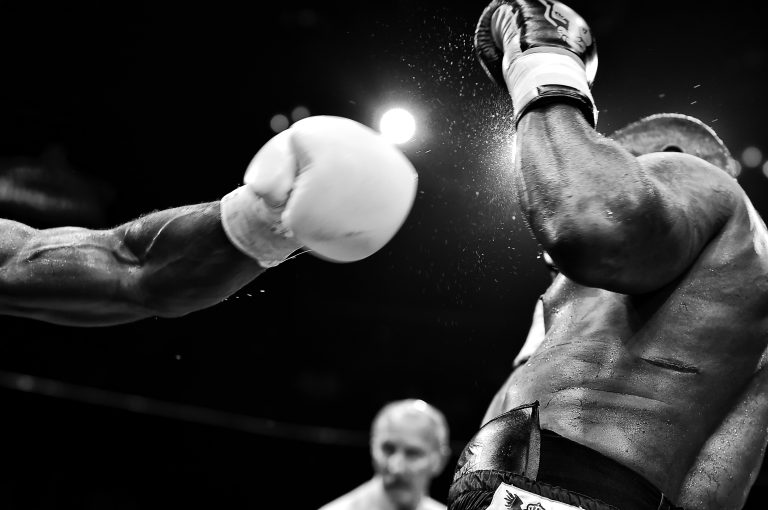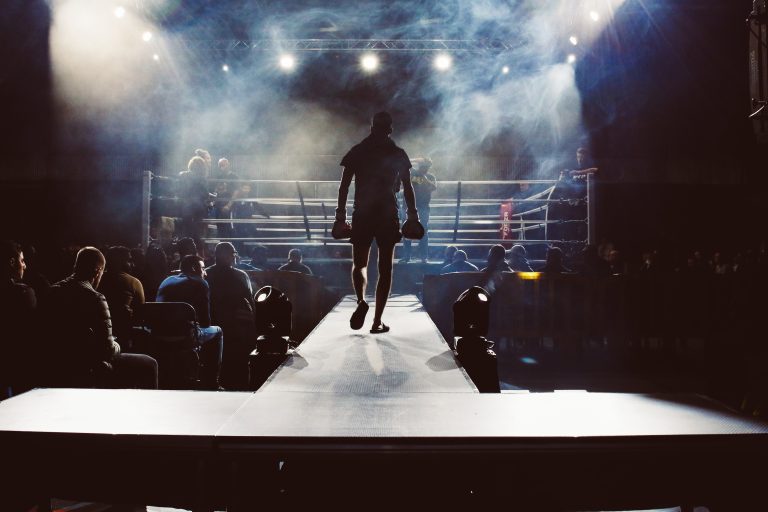Can You Practice Karate Alone?
Karate is a martial art that requires practice, dedication, and discipline. It is a combat sport that provides physical and mental benefits to the practitioner. But, can you practice karate alone? The answer is yes, but with some limitations.
Benefits of Practicing Karate Alone
Practicing karate alone can provide numerous benefits, such as:
- Improving muscle memory
- Enhancing focus and concentration
- Strengthening the body and mind
- Improving techniques
- Conditioning the body
By practicing karate alone, you can focus on your individual weaknesses and strengths. You can develop your techniques and work on your form, which will enhance your performance in class or during sparring sessions.
Limitations of Practicing Karate Alone
While practicing karate alone has its benefits, it also has some limitations:
- No sparring partner – Sparring is an essential part of karate, and practicing alone cannot replace the benefits of sparring with a partner.
- No feedback – Feedback is crucial for improving techniques, but it is impossible to get immediate feedback when practicing alone.
- No social interaction – Karate is a social and interactive sport. Practicing alone eliminates the opportunity to interact with other practitioners and learn from them.
How to Practice Karate Alone?
If you decide to practice karate alone, there are a few things to keep in mind:
- Warm-up – Always warm up before starting your practice session to prevent injuries.
- Fundamentals – Focus on the basics such as stances, punches, kicks, and blocks. Mastering the basics will improve your performance in class and during sparring.
- Visualization – Visualize sparring scenarios, combos, and techniques to enhance your mental focus and concentration.
- Record yourself – Record yourself practicing to analyze your form and technique. This will help you identify areas for improvement.
- Stay motivated – Set goals and track your progress. Celebrate milestones and accomplishments to stay motivated.
Conclusion
Practicing karate alone can be beneficial, but it is not a substitute for training with a partner or attending classes. Nevertheless, practicing alone can enhance your technique and improve your performance. Remember to stay motivated and focused on your goals.
Can You Practice Karate Alone? – The Most Frequently Asked Questions
Practicing karate alone is a contentious issue that is commonly debated. However, with the help of technology, it’s now possible to learn and practice karate without a partner. In this blog post, we’ll answer some of the most frequently asked questions about practicing karate alone.
1. Is it possible to practice karate alone?
Yes, it’s entirely possible to practice karate alone. While it’s often recommended to practice with a partner, solo practice can improve your technique, enhance your fitness level and increase your overall performance.
2. What are the benefits of practicing karate alone?
There are various benefits of practicing karate alone, including:
a. Flexibility:
Solo practice allows you to work on your schedule, giving you the freedom to train at any time and any place.
b. Enhanced Focus:
When practicing alone, there’s a higher chance of attaining a state of mindfulness, which helps enhance your focus, productivity, and mental well-being.
c. Strength and Conditioning:
Solo practice can strengthen and tone your muscles, increase your cardiovascular health, and improve your overall physical well-being.
d. Improving Technique:
Practicing solo allows you to break down techniques and movements, focusing on improving particular aspects of your movements.
3. Can I learn Karate techniques online?
Yes. Many online platforms offer karate training programs that can help you learn katas, stances, and other forms of techniques at your convenience, provided you have a stable internet connection. However, it’s important to ensure that you’re training under a qualified instructor or legitimate karate association.
4. How do I get feedback on my technique if I practice alone?
Getting feedback on your technique is crucial, even if you’re practicing alone. You can receive help from:
a. Self-evaluation:
You can use video recording to evaluate yourself, which allows you to self-assess and evaluate how to improve.
b. Trainer Evaluation:
You can seek evaluation from your trainer via video conferencing platforms or send your recorded videos to them for feedback.
c. Public forums:
You can post your videos on public forums and social media platforms to get feedback from experienced individuals or groups.
5. Are there any risks to practicing Karate alone?
Yes. While many benefits can come from practicing karate alone, it’s important to take precautions against any potential accidents or injuries. Some risks include:
a. Over-training:
Solo practitioners can’t be held accountable for overtraining or not resting enough, which can result in injuries or burnout.
b. Lack of supervision:
Without a supervisor, it’s possible for you to learn and implement techniques incorrectly, resulting in poor performance or injury.
c. Injuries:
Practicing alone with weights or equipment can result in severe injuries if done incorrectly or without taking the necessary precautions.
Conclusion
In conclusion, practicing karate alone is an ideal choice if you want to train privately and improve your technique, but it’s essential to remember the potential risks associated with it. Always practice safely and with caution, seek guidance from professionals, and don’t over-train. With the appropriate practice and guidance, you’ll be able to perfect your karate practice even without a partner.
Inhaltsverzeichnis

